Latest Doctoral School News
-

Developing an adapted curriculum of Dialectical Behaviour Therapy (DBT) for children and young people with intellectual and developmental disabilities (IDD)
-
Examining relationships between human well-being and avian biodiversity within natural and urban soundscapes - ESRC WGSSS studentship
-

Health and Care Research Wales Social Care PhD Studentship Award 2023
-
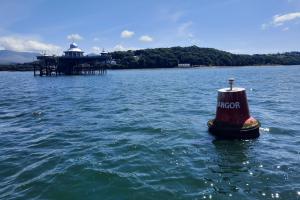
Fully Funded PhD Studentship: Modelling the effect of disease on edible crab (Cancer pagurus) populations in England and Wales
-
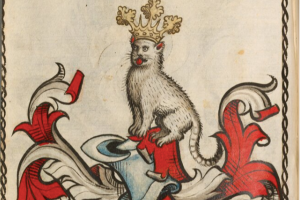
Cats in the middle ages: what medieval manuscripts teach us about our ancestors’ pets
-

British Science Association Newsletter
-
The Learned Society of Wales Newsletter
-

ESRC Wales DTP Newsletter
Research News
-
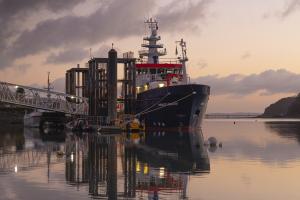
Oceanographers uncover the vital role of mixing down of oxygen in sustaining deep sea health
-
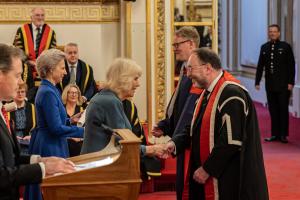
Bangor University receives Queen’s University Prize at Buckingham Palace
-
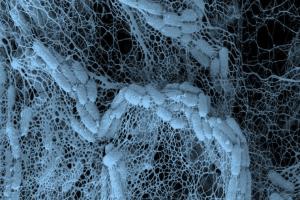
University part of multimillion pound research hub to develop enzyme-based plastic recycling
-

Bangor Professor publishes new Kubrick biography
-
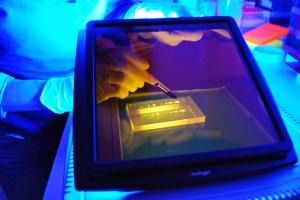
£13 million for biotechnology research to address environmental challenges
-
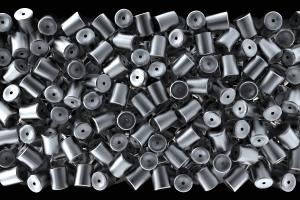
Bangor University postgraduates to play critical role in new-era nuclear energy research
-
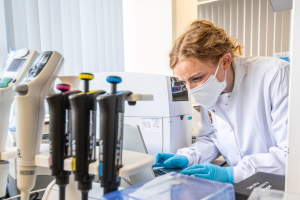
Bangor University hosts centre to develop a new generation of environmental scientists
-
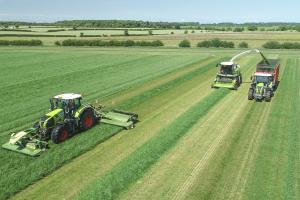
Investigating whether chlorophyll by-product could be a sustainable answer to the £50million problem of potato blight
-
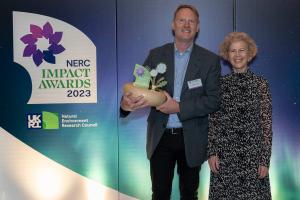
Bangor University scoop Overall Impact Award at NERC Impact Awards 2023
-
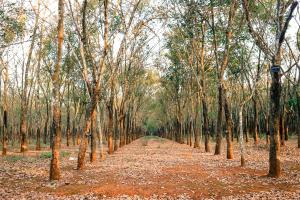
Tropical forest loss from growing rubber trade is more substantial than previously thought – new research
-
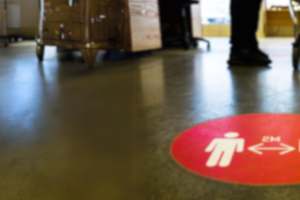
Mental health costs of lockdown compliance still being felt, research shows
-
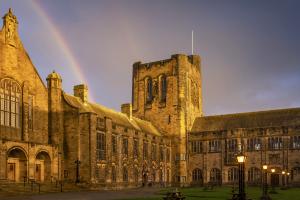
Bangor University researchers listed among worldwide top 1%
